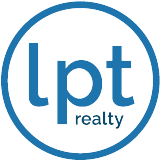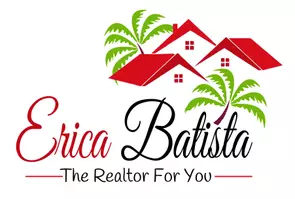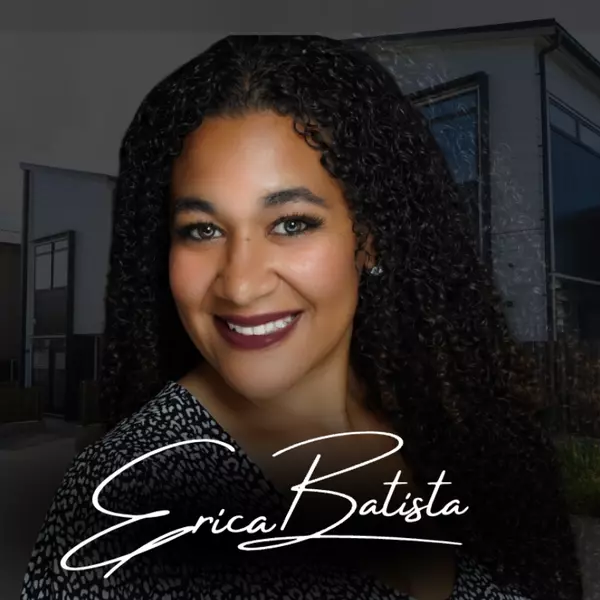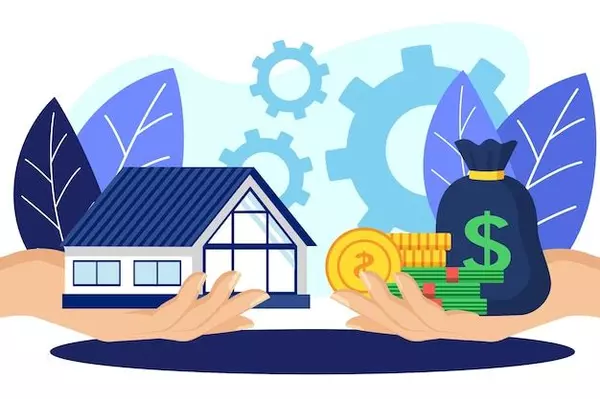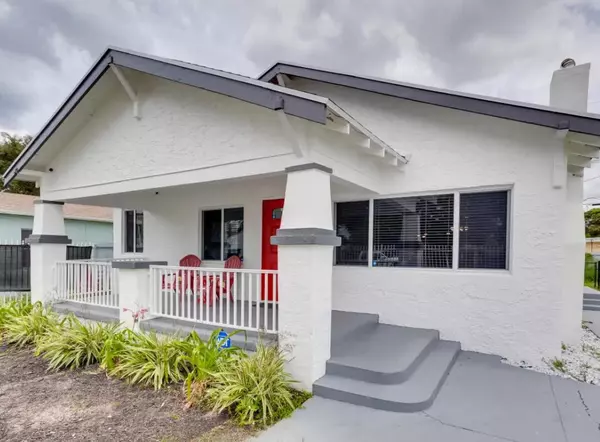VISUAL PAGE BUILDER
Header Goes Here Lorem ipsum dolor sit amet, consectetur adipiscing elit. Aenean cursus posuere justo eu interdum. Donec leo leo, tempor vel maximus quis, sodales ut eros. Sed finibus sed mauris id sollicitudin. Etiam sed.
CLICK HERE
MLS/IDX INTEGRATION
Header Goes Here Lorem ipsum dolor sit amet, consectetur adipiscing elit. Aenean cursus posuere justo eu interdum. Donec leo leo, tempor vel maximus quis, sodales ut eros. Sed finibus sed mauris id sollicitudin. Etiam sed.
CLICK HERE
TOP NOTCH SUPPORT
Header Goes Here Lorem ipsum dolor sit amet, consectetur adipiscing elit. Aenean cursus posuere justo eu interdum. Donec leo leo, tempor vel maximus quis, sodales ut eros. Sed finibus sed mauris id sollicitudin. Etiam sed.
CLICK HERE
Marketing Analysis
& Pricing
Home Preparation
& Staging
Marketing
& Showings
Offers
& Negotiation
Contract
& Paperwork
Closing
& Beyond

Get your guide
Contact Information
Full Name
Email Address *
Phone Number
Add Listing Information
Images *
Video
Virtual Tour
Key Detail
Address *
Unit
Listing Status *
Listing Date *
Listing Price *
$
Purchase Type *
Property Type *
Structure Sqft
Sqft
Lot Size
Sqft
Beds *
Baths *
Full Baths *
Half Baths *
Year Built
HOA Fee
$
Open House
Add an Open House Time
Details Description
0/5000
